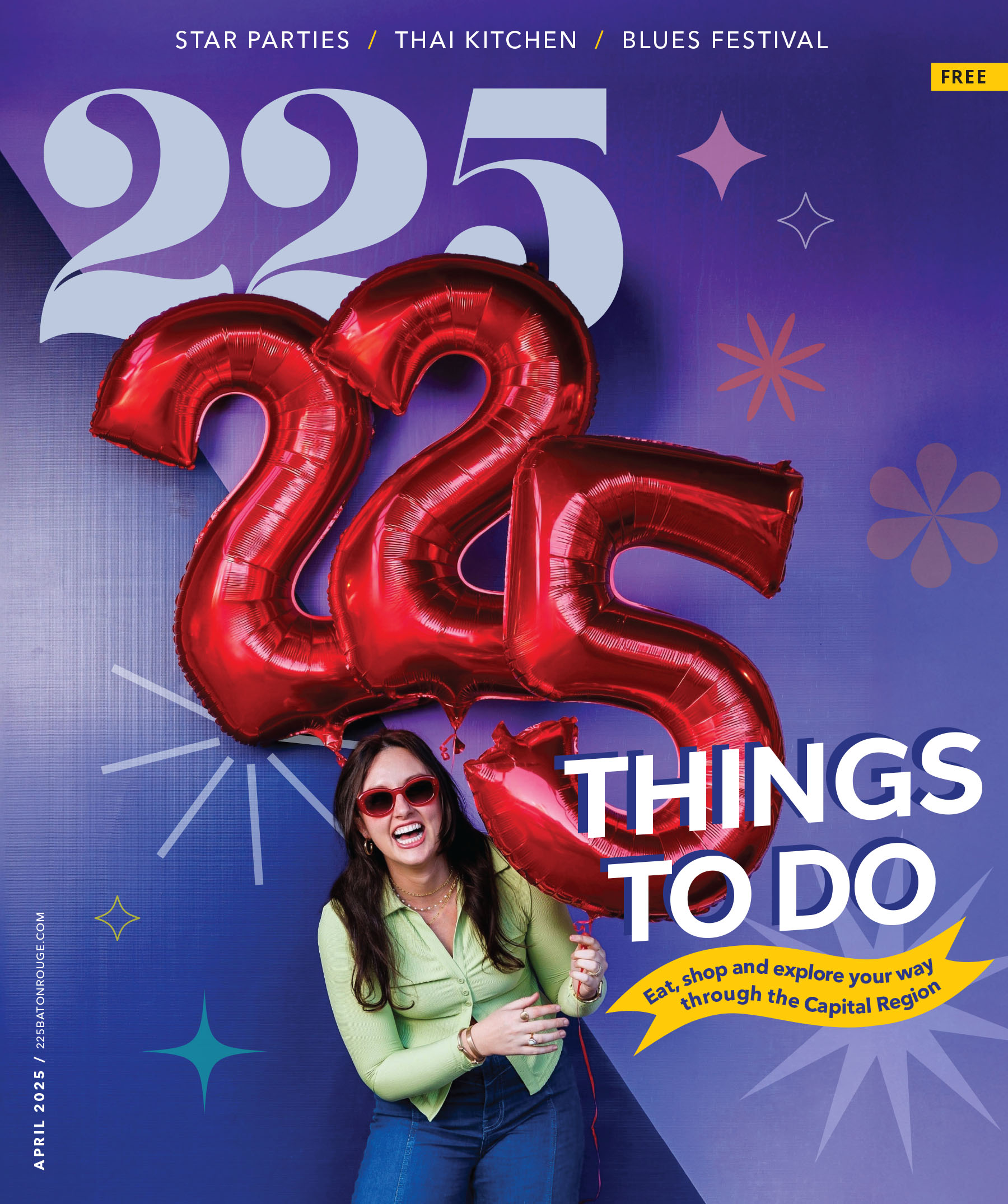Based on statistics, the volume of prescription-strength medicine racing out of local pharmacy pick-up windows should be enough to place an addict on every street corner. However, many people with prescription drug problems fly under the radar.
They typically do not have an arrest record, enter emergency rooms with an overdose or wander aimlessly in a drug-induced stupor.
Prescription drug addicts fanatically maintain a low profile, collected appearance and stable source of income—a job with insurance coverage and prescription drug benefits or even a generous parental allowance—to afford their very expensive habit.
“Most people have a misconception of what an addict and a drug dealer look like. We watch too much TV,” says Tonja Myles, a recovering addict, ordained minister and cofounder of Set Free Indeed, a faith-based outpatient addiction clinic.
“The face of addiction is every face you see. Addiction does not discriminate. Addiction does not care what socio-economic background you come from. It still kills and destroys. We treat people from the country club to the curbside.”
Even health care professionals are not immune. This past summer, half the Louisiana State Board of Medical Examiners’ disciplinary actions involved the over-prescription, abuse or theft of drugs by physicians, physicians’ assistants, respiratory therapists, lab technicians and podiatrists.
It happens outside doctor’s offices, too.
A local paramedic was arrested in 2009 after stealing prescription drugs from a narcotics detective posing as a patient. A local pharmacist was convicted of fraud for billing insurance companies for phantom prescriptions filled to support his OxyContin habit.
No matter their race, gender or socio-economic background, prescription drug abusers fall into two broad categories. The first, usually between ages 12 and 35, includes recreational users who pilfer pills from the family medicine chest or experiment with substances proffered by friends. The second group is usually people 35 or older who begin with a legitimate need for pain medication, incrementally increase their dosage beyond therapeutic levels and become addicted.
Not every exposure to addictive drugs leads to abuse. However, the risk leaps exponentially with each subsequent use. And when mind-altering pharmaceuticals collide with a genetic predisposition for substance abuse, addictive personality or mental illness, addiction is often the unintentional but predictable outcome.
“People who have a family history of substance dependence are more prone to misuse,” says Dr. Donna Fargason, a private practice psychiatrist in Baton Rouge.
In fact, one in 10 people are born with an addictive personality. “We don’t see patients that have just one addiction. People have them in spades,” explains Capital Area Medical Society President Dr. Michael Burdine. “They smoke. They drink. They gamble. They have multiple failed relationships. They engage in risky behavior. They are constantly looking for some external type of stimulation.”
In addition, the Surgeon General estimates nearly 28% of Americans have a diagnosable mental disorder. “I have yet to see a person with an addiction that doesn’t have some other mental health problem—depression, anxiety, interpersonal relationship problems, adjustment disorders, etc.,” reports Seth Kunen, a clinical psychologist and director of research and grants at the Louisiana Department of Health and Hospital’s Office for Addictive Disorders. “A lot of these folks are basically self-medicating because they are not getting the help they need from other places.”
That propensity increases in the wake of traumatic events. “After every disaster—9/11, Oklahoma City bombing, Katrina, Gustav—there’s depression and post-traumatic stress,” says Set Free Indeed’s Myles.
“People are given these drugs for anxiety, to sleep. Then, before you know it, your body becomes immune to one pill and you’re using two a night and two becomes five, then 10. Now, you’re self-medicating. You’re abusing.”








